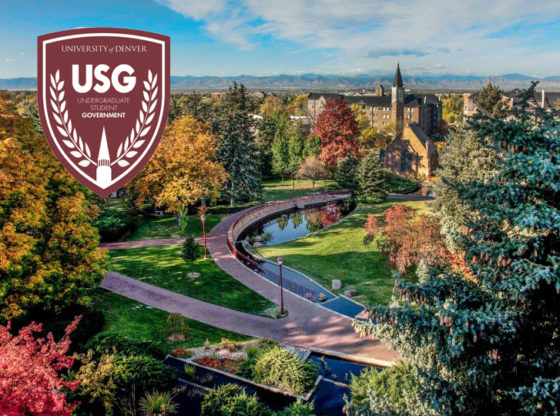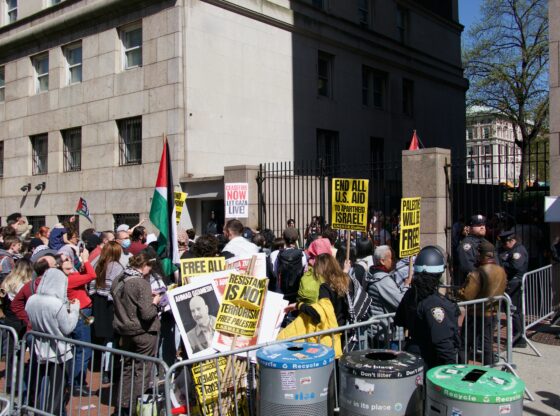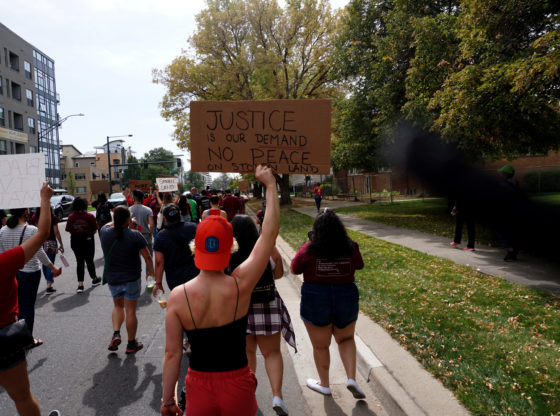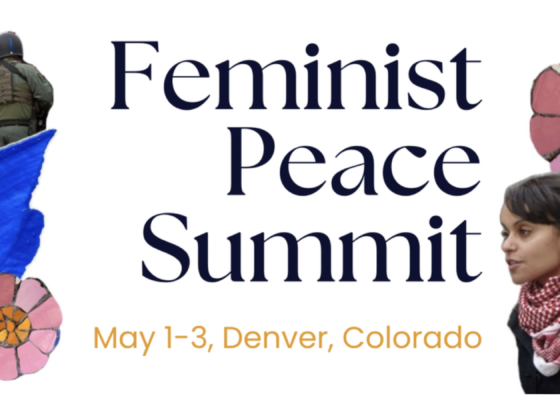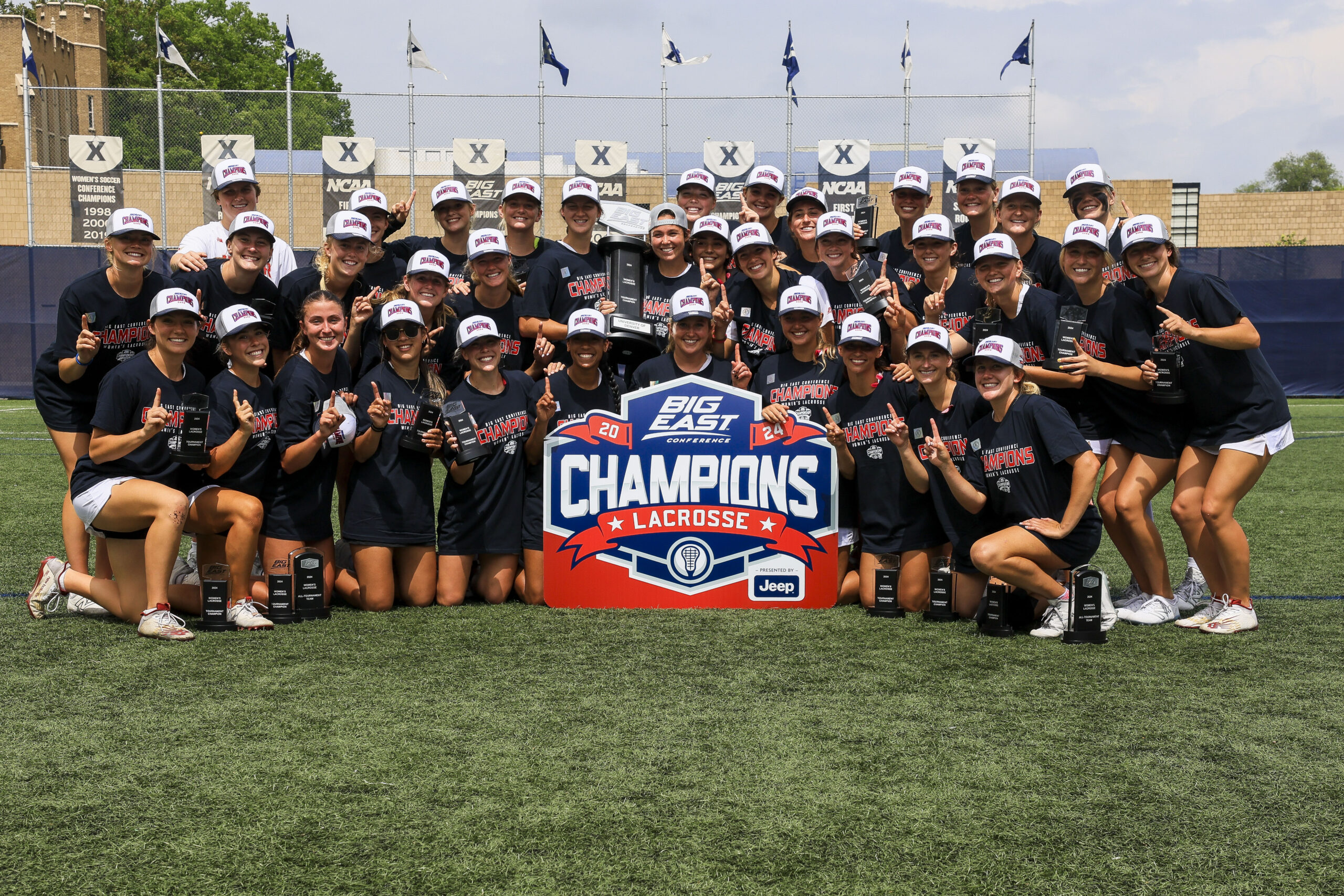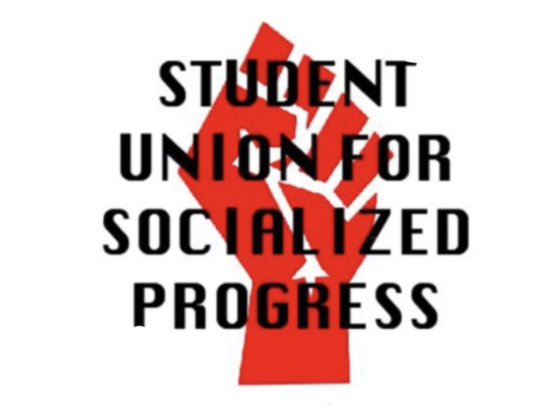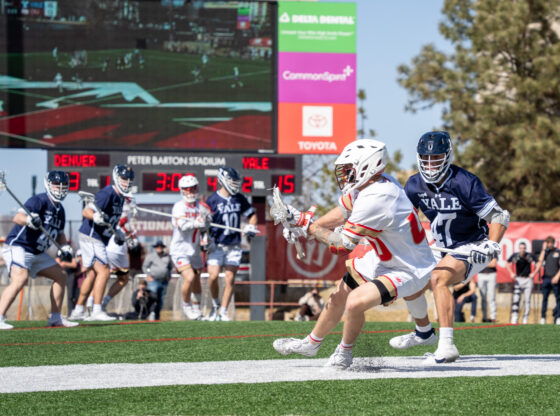“Everybody is welcome in this class,” Professor Amin Kazak announced to an eager class.
Twenty-seven years ago, Kazak and Professor Shaul Gabbay were only a block away, on opposing sides of an ongoing war. Today, they stand poised and ready to instruct students on how to comprehend the Arab-Israeli conflict in a neutral environment.
The international studies class, Arab-Israeli Conflict and Peace through Film, taught by Kazak and Gabbay, provides insight into the Arab-Israeli conflict through film and analytical discussion. Introduced in 2005, the class is famous for its dual efforts of an Arab and native Israeli.
“We are not strangers to the Israeli-Palestinian conflict,” said Kazak. “We are part of the issue itself.” Kazak, who was born in Haifa, Israel before Israel came into existence as a state, has experienced the life of a Palestinian refugee. Gabbay, born in Tel Aviv, Israel, served in the Israel Defense Forces (IDF) as a commander in the 1982 Lebanon war.
Kazak traveled from Haifa to Acre, Israel when he was five, and then to Lebanon as a refugee. Kazak was not granted citizenship until he was about 40 years old.
Gabbay served his required three years in the IDF, but on his last day war broke out in Lebanon and he was called back to serve another six months.
Five years ago, Gabbay approached Kazak about teaching a class side-by-side. They exchanged stories, developed a respect for each other’s point of view and cultivated a friendship that would last despite their differences.
“I have a very good relationship with him [Gabbay] as a friend, the only thing is that we have a different perspective, but at the end of the road we are meeting at a common place for Israelis and Arabs,” Kazak said.
“Amin is a real scholar and a good friend. Everyday I learn something from him,” said Gabbay.
He said they sometimes disagree or argue, but the dialogue is part of the process, as students witness first hand.
Their purpose for the course is not to try and win students to their side, but rather to win students to academia, they said. They hope to help students comprehend the whole issue and think about what should be done in a neutral environment.
“Students can forget the material, but they will never forget seeing an Israeli and an Arab together, respecting each other,” said Gabbay. “Peace is possible.”
Kazak’s hope for peace has diminished in light of the recent conflict in Gaza. “I live with my idealist hope, but the recent event in Gaza kind of shattered my dream,” he said. He is no longer in hopeful euphoria; rather he is holding off on hope to see what happens next.
“It’s incredible to see an Arab and an Israeli in a class together, and to see that it’s not a hopeless situation, and things don’t have to end in violence. I feel honored to be in their class,” said sophomore Bianca Gordon.


